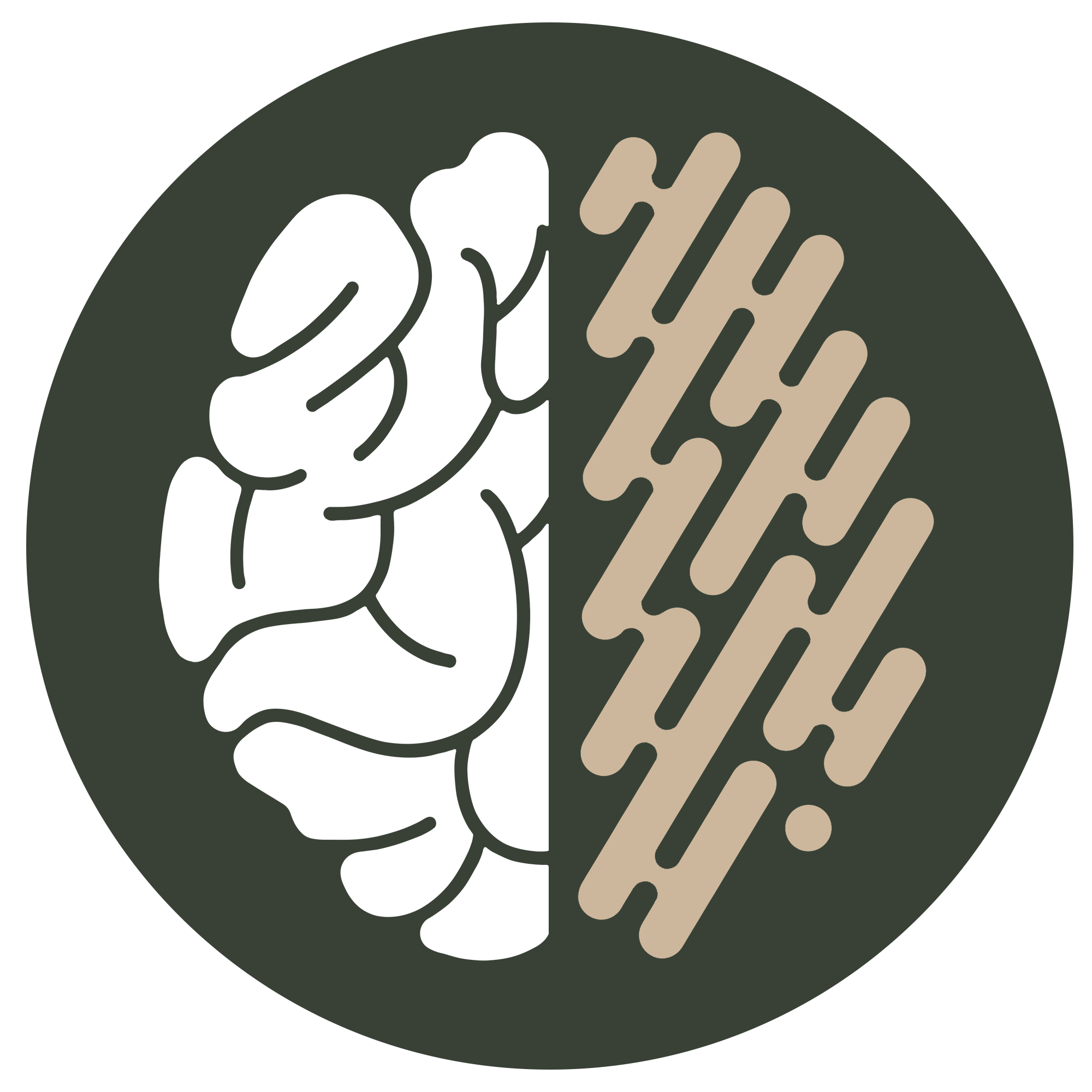Accepting Your Late Neurodiversity Diagnosis
You’ve felt different your whole life. Like you just don’t fit in. Every day is a struggle to meet expectations you don’t understand. You think, “I’m just broken. Then, one day, a revelation—you get your neurodiversity diagnosis.
The diagnosis is the missing puzzle piece that finally makes sense of the challenges you’ve been facing. Relief washes over you… but grief isn’t far behind. Grief over lost time. Over opportunities missed. Over blame absorbed that wasn’t yours to carry. Sudden clarity casts the past in a new, almost painful light. A bittersweet pill can accompany the “answer” you’ve been waiting for.
Many people share this experience of neurodiversity late diagnosis. The relief of finally understanding your brain’s wiring often comes with a sense of loss for the years spent struggling without the right support. It’s a complex emotional landscape, where newfound clarity meets the grief of what might have been different if only you had known sooner.
The significance of early diagnosis cannot be overstated. Studies have shown that early intervention in neurodivergence leads to better long-term outcomes, yet many individuals don’t receive this crucial understanding until much later in life. This delay often results in missed opportunities and unaddressed challenges that could have been mitigated with the right support.
I’ve been there too. The feeling of missed opportunities and misunderstandings is coupled with immense gratitude for the context that finally surfaced. There’s a sense that so much struggle could have been avoided if this neurodivergence lens existed earlier in your life.

Moving Forward with a Late Neurodiversity Diagnosis
It’s vital to make space for these complex feelings. You likely need time to fully process this identity shift before diving headfirst into strategies. Grieving allows us to reconcile how the past might have unfolded differently through the clarity of hindsight. But remember, while the diagnosis brings new understanding, it’s also important to honor the journey that led you here. The loved ones, the lessons, and the strength built along the way are invaluable parts of your story.
The neurodiversity paradigm is reshaping how we view these experiences. Rather than seeing neurodivergence as a deficit, it’s increasingly recognised as a natural variation in human cognition. However, those diagnosed later in life often face unique challenges, including grappling with the psychological and social costs of late diagnosis.
When you feel mentally ready, direct your energy towards all there is still left to gain! A diagnosis isn’t a personality rewrite but rather a key to unlocking self-compassion and thriving as your true self. Embracing your neurodiversity allows you to see your gifts, your needs, and your inner beauty more clearly and encourages you to nurture them intentionally.
The hidden costs of late neurodiversity diagnosis are significant, but it’s important to remember that it’s never too late. This revelation enables you to finally see your strengths, to stop forcing uniquely shaped pegs into round societal holes. Owning my neurodivergence remains a daily practice years later. Unlearning past assumptions and ‘unmasking’ while growing into this identity still takes conscious work. But with this knowledge comes power—power to transform “flaws” into strengths and finally be understood, and finally understand myself.
I see you. I stand with you. A journey of self-discovery and purpose lies ahead… Shall we see where it leads together?
References
Johnson, C. P., & Myers, S. M. (2007). Early identification and evaluation of children with autism spectrum disorders. Pediatrics, 120(5), 1183-1215. https://doi.org/10.1542/peds.2007-2361
National Autistic Society. (n.d.). What is neurodiversity? National Autistic Society. Retrieved August 18, 2024, from https://www.autism.org.uk/advice-and-guidance/what-is-autism/neurodiversity
Happe, F., & Charlton, R. A. (2012). Aging in autism spectrum disorders: A mini-review. Gerontology, 58(1), 70-78. https://doi.org/10.1159/000329720



